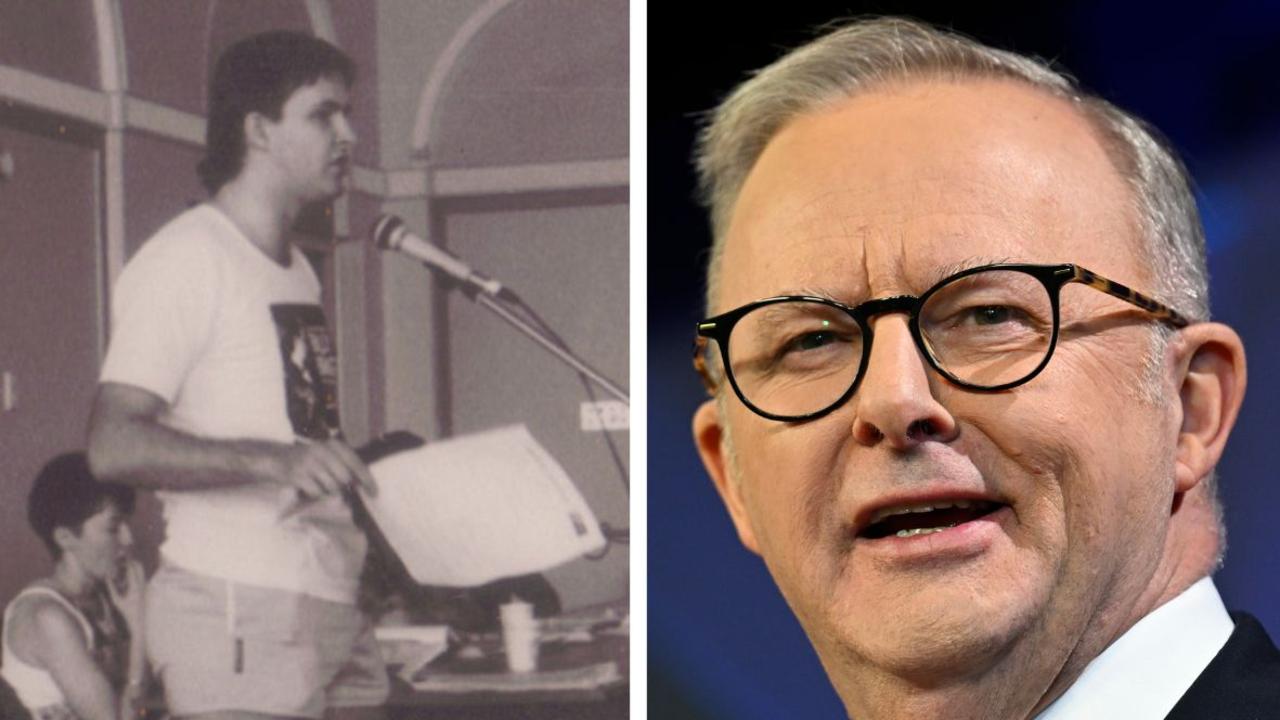Meet the man who dreams up some of the world’s biggest brand names
MOST of us don’t think twice about the name of our favourite brands. But it can be the difference between billions and bust.
SHAVED with a Mach3 razor? Played Call of Duty: Infinite Warfare? Flown with the One World alliance?
If so, you’ve used a product named by Jonathan Bell, a British branding guru who has dreamt up some of the world’s most well-known and successful trademarks.
But, he warned in a recent podcast not only is plucking names from thin air that customers will fall in love with an incredibly tricky task, it can also be deadly. In the 1990s a mix up between two similarly named drugs, not named by Mr Bell, led to patients being prescribed the wrong one — leading to fatal results.
Mr Bell, who runs US based agency Want Branding was talking last week on Freakonomics Radio’s Tell Me Something I Don’t Know podcast created by Stephen J. Dubner, author of the Freakonomics books.

Mr Bell has helped name US mobile phone giants Cingular and Verizon as well as internet radio company SiriusXM.
Australia’s own Hungry Jack’s is named after a US pastry brand after the fast food giant Burger King found it couldn’t use its own name in Australia as it had already been trademarked.
Asked how many potential brand names end up on the cutting room floor, due to legal and other issues, he said it was the vast majority.
“It’s about 95 per cent, it is a very high percentage failure rate, [you’ve] got so many names out there that have trademark issues and [pre-existing] URLs.
“There’s something like 170,000 words in an English dictionary and something like 300 million companies, so do the maths.”
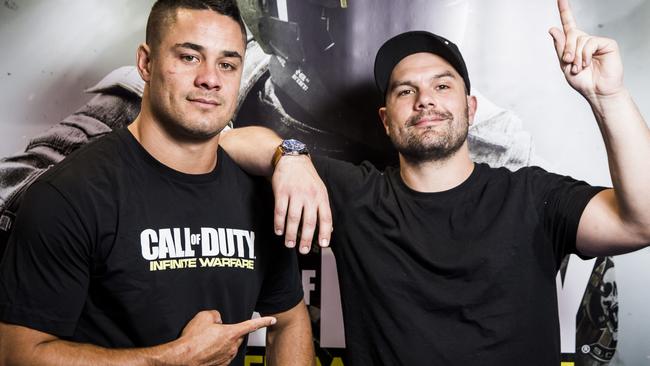
Brand names, he said, fell into just a few categories.
The first is the name of founders, such as Disney and Tesla, although the latter is named in homage to Serbian electrical engineer Nikola Tesla, who died in 1943.
Then there are descriptive names, like American Airlines, and initials, like BP, British Petroleum, which are essentially the same.
Some names are descriptive in another language, like Lego which is close in sound to the Danish phrase “leg godt” which in English means “play well”.
Sirius is an associative name, the brightest star in the sky, the owners hope that gives the brand some extra sparkle.
While ‘suggestive’ names turn real words into brands. “Uber literally means outstanding, so it works well for a company with big bold ambitions,” Mr Bell said in a 2016 TED talk.
Then, finally, there are purely abstract names, like Rolex.
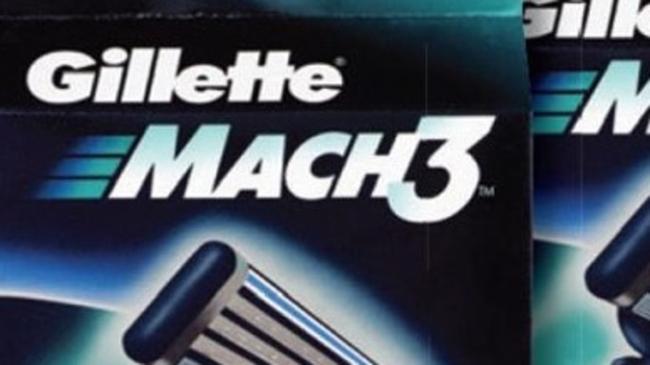
Mr Bell says his teams can spend around eight weeks concocting a new brand. First they decided what category of name they want and then research and brainstorm before presenting 10-15 possibilities to clients.
Part of the process involves ensuring a name works in other languages.
“Mach3 had to be tested and researched to death because we knew different countries would pronounce it differently. In Mexico, it’s ‘Mach tres’. In Germany, it’s ‘Mach drei’,” he told the New York Post.
“There have been examples of companies embarrassing themselves by launching products with inappropriate meanings overseas.”
Brand names for individual products are easier to create than names for entire companies, he told the Freakonomics podcast.
“Products get named much further down the management ranks. But with a (company name) everyone can be aligned on a final name and then we walk into the CEO’s office and he’s like, ‘I don’t like it, what else have you got?’ and you’re back to square one.”
A recent global rebranding was that of US luxury goods maker Coach. While it kept the Coach brand for its consumer facing accessories business, the company behind it is now called Tapestry.
The firm said the new name, embodies the “values of being optimistic, innovative and inclusive”. But the name, solidly in Mr Bell’s suggestive category, also brings to mind the craftsmanship and materials that go into creating a tapestry.
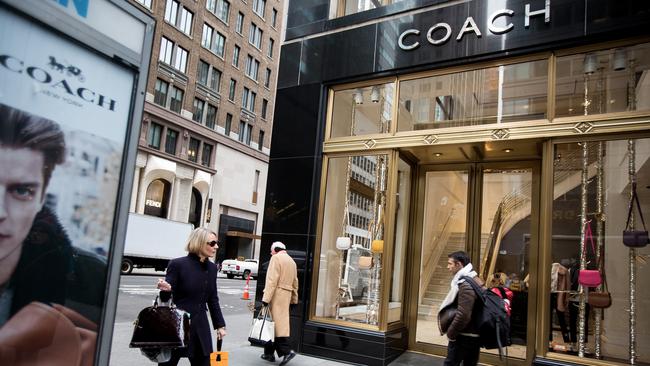
“The best brands don’t describe what they do or who created them, they stand for a big idea that translates into emotional appeal — Nike is about winning, Go Pro about heroism.”
You also don’t want a brand name that sounds too similar to another product.
That could mean someone picks up a competitor’s product by mistake. But in one instance, it has even proved deadly, said Mr Bell.
“Pharmaceutical naming is very complex because not only do you have to surpass the hurdle of trademarks, the FDA (the US’ Food and Drugs Administration) needs to approve final brand names and the reason is people can die if they’re given the wrong prescription drug.”
“There was a situation in the early ‘90s where there were two drugs on the market — Losec and Lasix — and some one died because they got the wrong drugs, so the FDA forced Losec to change its name to Prilosec,” he said.
The drugs themselves were fine if prescribed correctly.
According to thePhiladelphia Inquirer, “a patient who suffered a bleeding ulcer got Lasix, a diuretic or ‘water pill’ and bled to death. A heart patient who needed Lasix to treat fluid retention got the ulcer drug and died from a worsening of their congestive heart failure.”
That’s why, said Mr Bell, with pharmaceutical drugs, “you see these really crazy weird names”.
His favourite products to name were vehicles — both those that operate on roads and the waves.
“Cars are pretty cool to name and we’ve just named seven cruise ships for Royal Caribbean and Celebrity Cruises.
“We worked for two years and we named ‘Quantum’, ‘Anthem’ and ‘Ovation’ and another ship called ‘Harmony’, that’s the biggest thing I’ve named.”
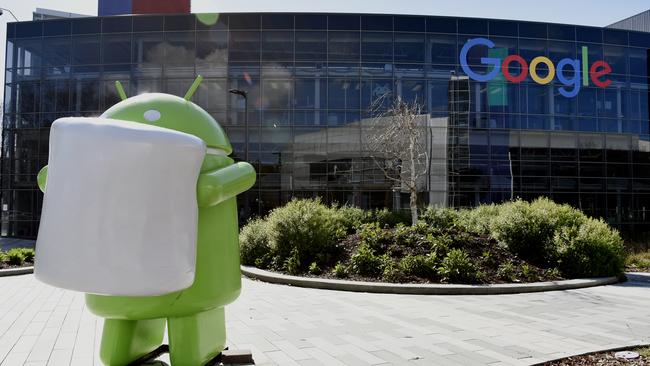
Mr Bell said he wasn’t fazed by some auto groups eschewing individual car names, like the Ford Falcon, for simple numbers, like the Audi A3 for instance.
“That puts the emphasis back on Audi. When you’re Ford and you’ve got Explorer and a dozen other different names — that takes away from the Ford name and means you have to build equity in those different brands.”
One of the brands he wished he named was energy drink Red Bull which, he said, sounded “powerful” and had a “notion of energy”.
But he admits to also loving one of the most derided new brands. In 2015, Google Inc became Alphabet, leaving the famous name purely for its internet products.
“Is Alphabet a great name? You bet,” Mr Bell said in his TED talk.
“The name is an idea, it’s a set of letters that forms the basis of all communications. The name encourages Wall Street investors to buy this stock as you’re making an ‘alpha bet’ — one that will outperform others — and lastly, it’s a real dictionary word, which is rare find these days.”




